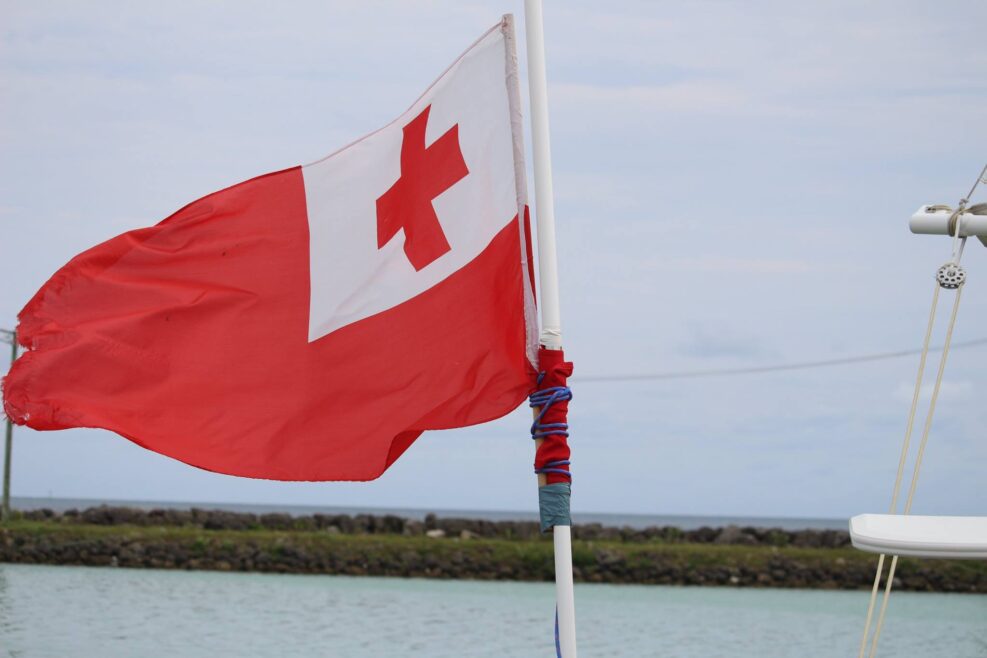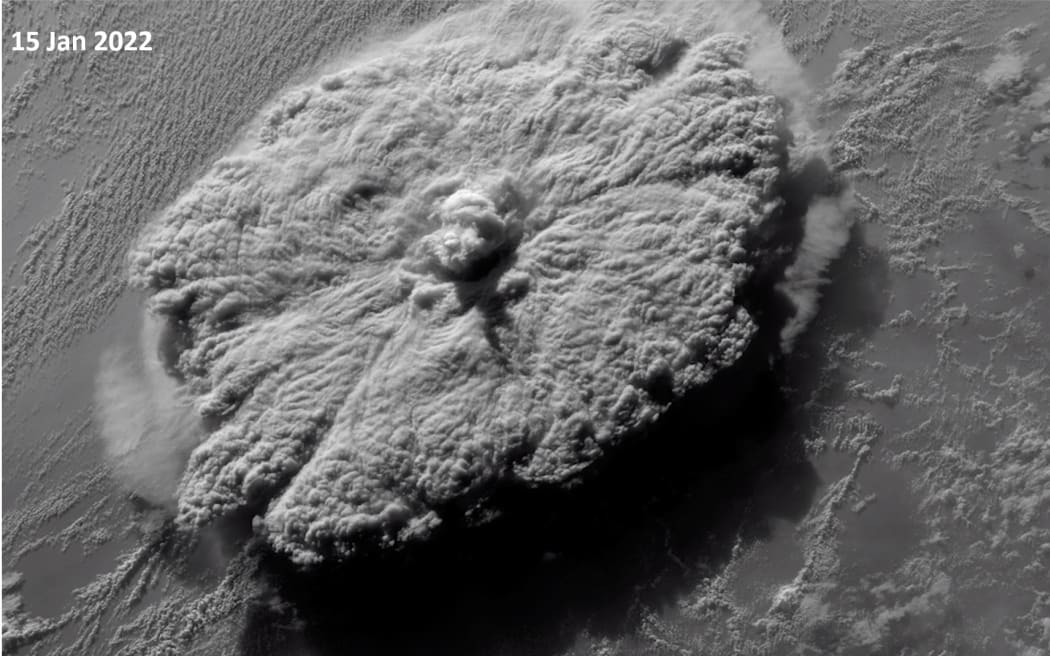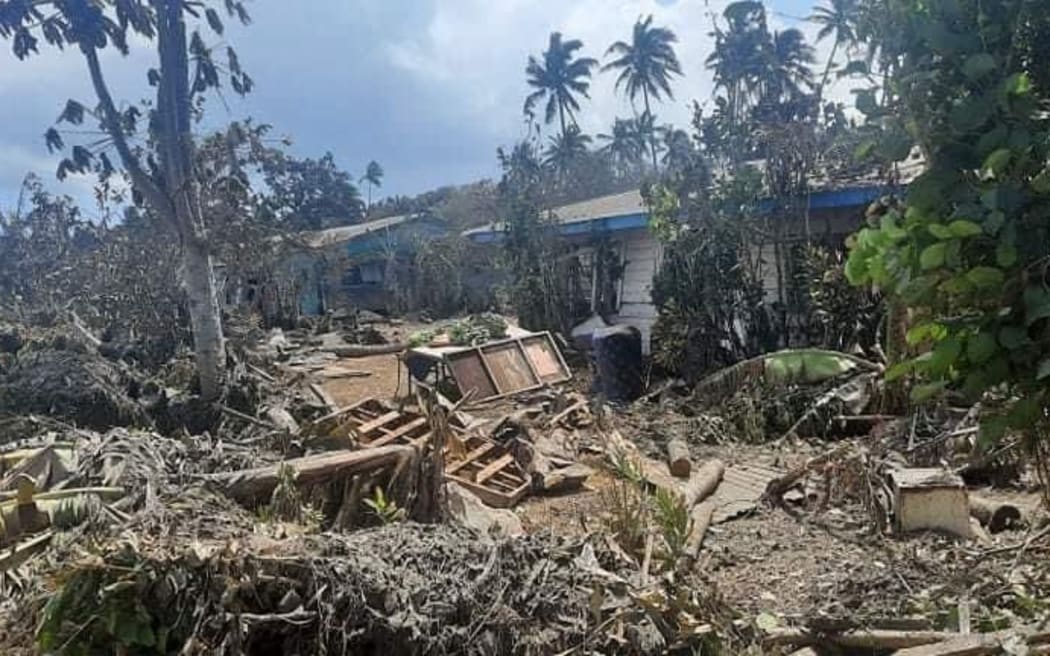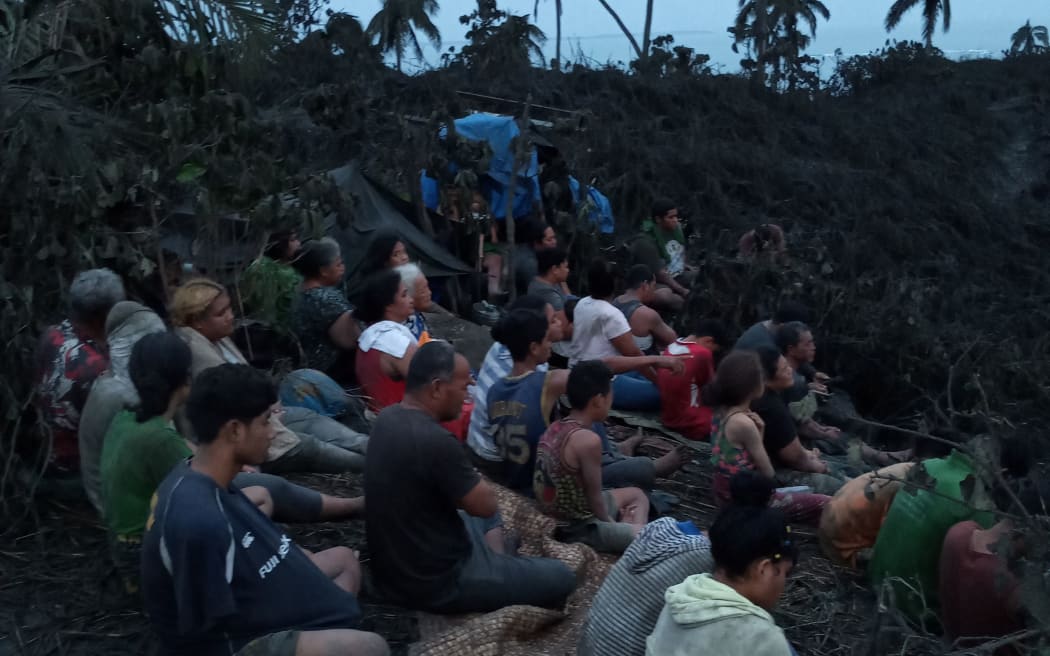Nukuʻalofa — The Anti-Corruption Commissioner, Mr Chris LaHatte, paid a courtesy call on Prime Minister Lord Fakafanua today, amid heightened public interest and scrutiny surrounding allegations of corruption involving government ministers and Members of Parliament.
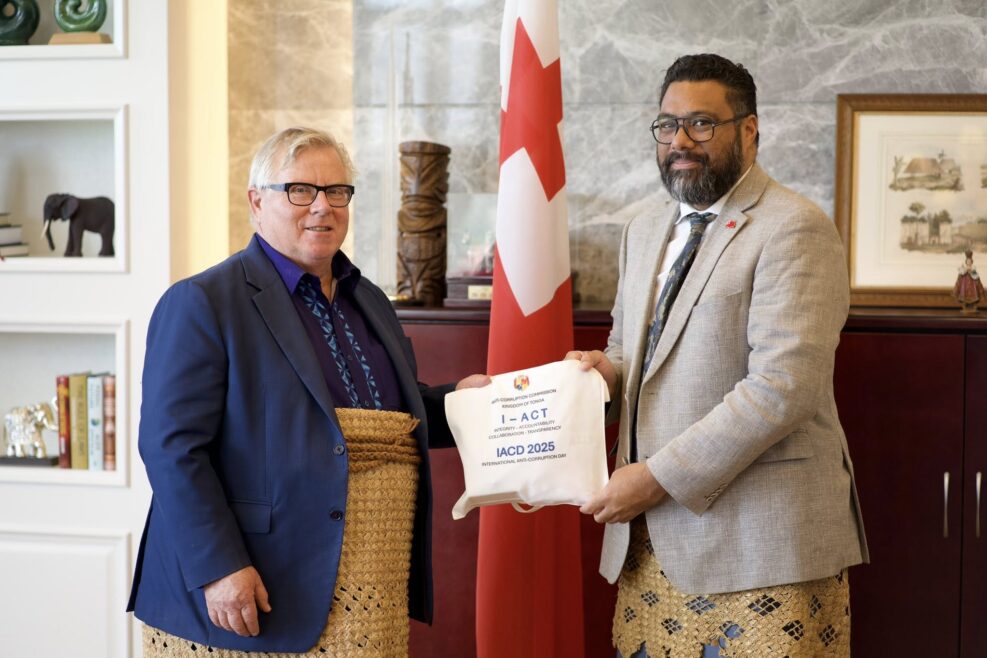
The meeting comes as the public closely follows a series of investigations currently before the Anti-Corruption Commission (ACC), including the most recent inquiry involving former Minister of Police Piveni Piukala.
Mr Piukala has been accused of interfering with judicial processes after allegedly assisting the escape of a Mormon church leader who was subject to a court restraining order.
The matter remains under investigation, and no findings have yet been made.
In a statement released by the Prime Minister’s Office this afternoon, Lord Fakafanua acknowledged “the important role of the Anti-Corruption Commission in upholding integrity, accountability, and good governance.”
“The Prime Minister reaffirmed his support for the Commissioner’s work in strengthening public trust and promoting transparency across government institutions,” the statement said.
While details of the discussions were not publicly disclosed, the courtesy call is understood to be part of ongoing institutional engagement between the ACC and the government, as the Commission continues its mandate to investigate allegations of corruption, misconduct, and abuse of office.
An accompanying photograph shows Prime Minister Lord Fakafanua and Commissioner LaHatte shaking hands while holding what appears to be an official legal document, bearing the title “Tonga 1‑ACT IACD 2025” on its cover.
In July last year, former Deputy Prime Minister Taniela Fusimālohi confirmed that 23 reports of alleged fraud and corruption had been lodged with the ACC against a former government minister.
In September, former Prime Minister Dr ʻAisake Eke told the media he had submitted allegations of corruption relating to his predecessor’s administration, led by former Prime Minister Huʻakavameiliku, to the ACC. Huʻakavameiliku has reportedly denied any wrongdoing.
The ACC, established to investigate and prevent corrupt practices across the public sector, has reiterated its commitment to carrying out its work independently and in accordance with the law.
Commissioner LaHatte has previously emphasised that investigations take time and must be conducted carefully to ensure fairness and due process.

